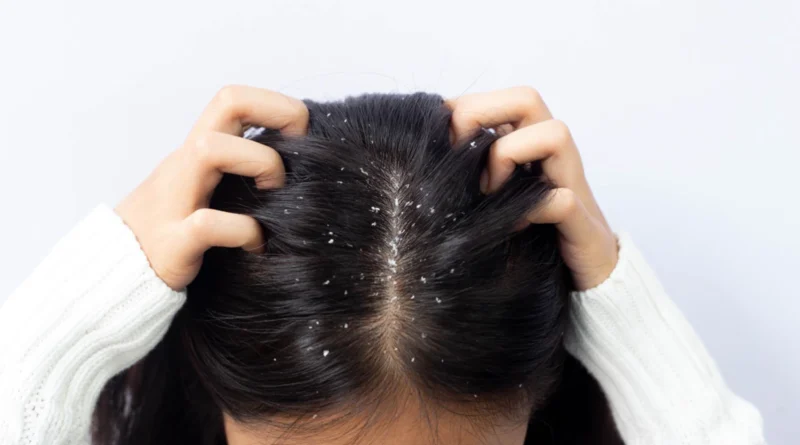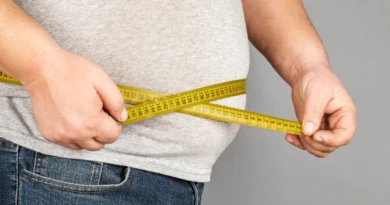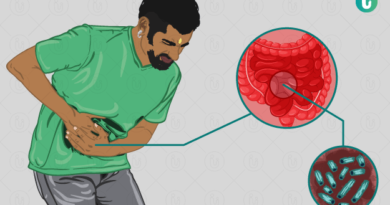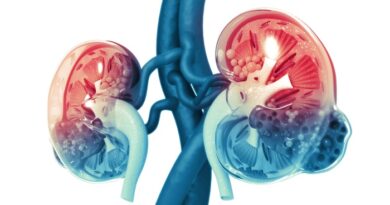Dandruff – Symptoms, Causes and Treatment
Dandruff refers to the flaking scalp which falls like snow flakes and settles on one’s brows, shoulders and clothes, but assumes an unpleasant, irritating condition associated with bacteria, in the case of excessive formation of scales on the scalp. These scales are formed from the horny layer of the skin.
Symptoms
The scaliness increases whenever the hair is brushed or rubbed. It may also appear as lumps or crusts on the scalp. Often there is itching as well, and the scalp may become red from scratching.
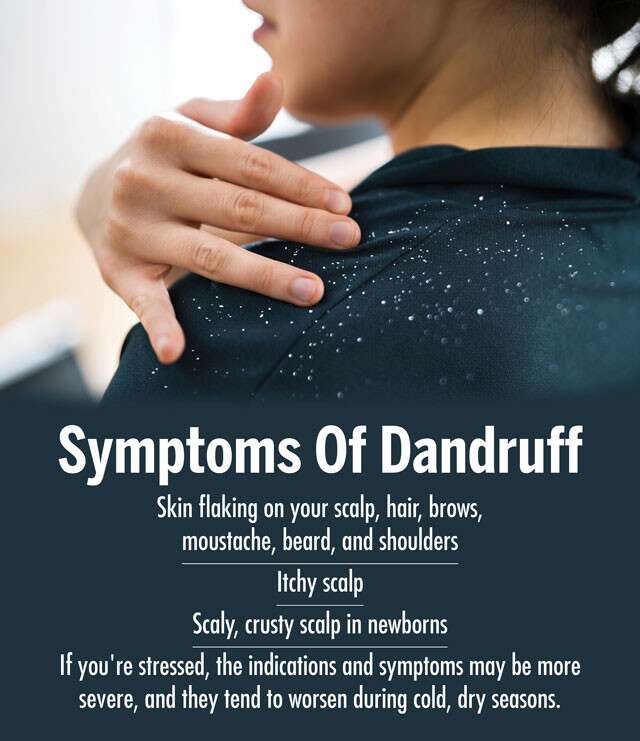
Causes
The main causes of dandruff are – impairment of general health, toxic condition of the system brought on mainly by wrong feeding , constipation and lowered vitality due to infectious diseases. Other factors contributing to dandruff are emotional tension, harsh shampoos, exposure to cold and general exhaustion.
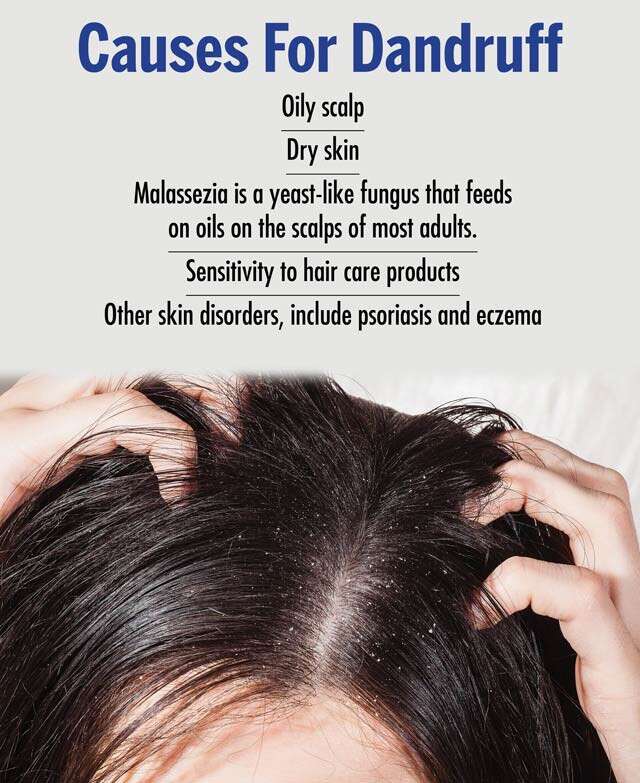
Treatment
Numerous medicated shampoos are available in the market for the treatment of dandruff, Most of these , however, in the process of curing the disorder, cause irreparable damage to the hair roots because of the synthetic ingredients contained in them. The treatment of dandruff has to be largely constitutional, if a permanent cure is desired.
The foremost consideration in the treatment of this disorder is to keep the hair and scalp clean so as to minimise the accumulation of dead cells. The hair should be brushed daily to improve the circulation and remove any flakiness. The most effective way to brush the hair is to bend forward from the waist with the head down towards the ground, and brush from the nape of the neck towards the top of the head. Short or shoulder-length hair can be brushed right from the roots to the ends on one stroke. In the case of long hair, two strokes would be best to avoid stretching the hair.
Massage
The scalp should also be thoroughly massaged every day, using one’s finger tips and working systematically over the head. This should be done just before or after brushing the hair. Like brushing, this stimulates the circulation, dislodges dirt and dandruff and encourages hair growth. For a proper massage, spread your fingers fanwise and slip them through the hair. With your thumbs pressed behind your ears, press down your scalp with your fingertips. Now rotate your fingers so that they move the scalp over the bony structure of the head. You will feel your skin move and the scalp tingle. Move up an inch at a time until you have covered the whole head. It is a very simple procedure, and takes only a few minutes to perform.
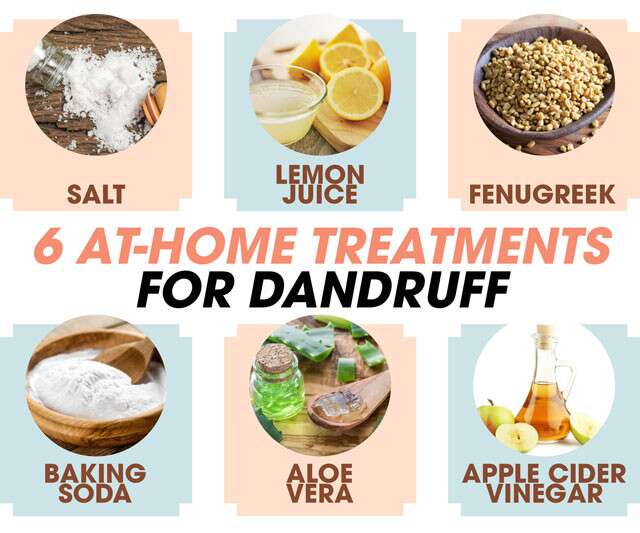
Home Remedies
Several home remedies have been found useful in the treatment of dandruff. The use of fenugreek (methi) seeds in one such remedy. Two tablespoons of fenugreek seeds should be soaked overnight in water. The softened seeds should be ground into a fine paste in the morning. This paste should be applied all over the scalp and left for half-an-hour. The hair should then be washed thoroughly with soapnut (ritha) solution or shikakai.
The use of a teaspoon of fresh lime juice for the last rinse, while washing hair, is equally beneficial. This not only leaves the hair growing but also removes stickiness and prevents dandruff. Washing the hair twice a week with green gram powder in curd is another useful prescription.
Dandruff can be removed by massaging one’s hair for half-an-hour with curd which has been kept in the open for three days, or with a few drops of lime juice mixed with the amla juice every night, before going to bed. Another measure which helps to counteract dandruff is to dilute cider vinegar with an equal quantity of water and dab this on to the hair with cotton wool in between shampooing. Cider vinegar added to the final rinsing water after shampooing also helps to disperse dandruff.
Diet Therapy
Diet plays an important role in the treatment of dandruff. To begin with, the patient should resort to an all-fruit diet for about five days. In this regimen, there should be three meals a day, consisting of fresh, juicy fruits, such as apples, pears, grapes, grapefruit, pineapple and peaches. Citrus fruits, bananas, dried, stewed or tinned fruits should not be taken. Only unsweetened lemon or plain water, either hot or cold, should be drunk.
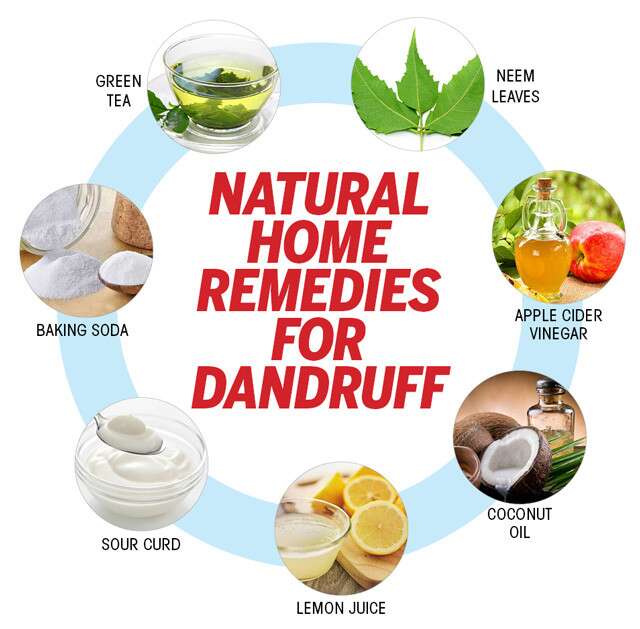
After the all-fruit diet, the patient can gradually adopt a well-balanced diet. Emphasis should be on raw foods, especially fresh fruits and vegetables; sprouted seeds, raw nuts and whole grain cereals, particularly millet and brown rice. Further short periods on the all-fruits diet for three days or so may be necessary at a month interval, till the skin’s condition improves.
Strict attention to diet is essential for recovery. Starchy, protein and fatty foods should be restricted. Meats, sugar, strong tea or coffee, condiments, pickles, refined and processed foods – all these should be avoided, as also soft drinks, candies, ice cream and products made with sugar and white flour.
Exposure of the head to the rays of the sun is also a useful measure in the treatment of dandruff. Simultaneously, an attempt should be made to keep the body in good health. This also helps clear dandruff.

